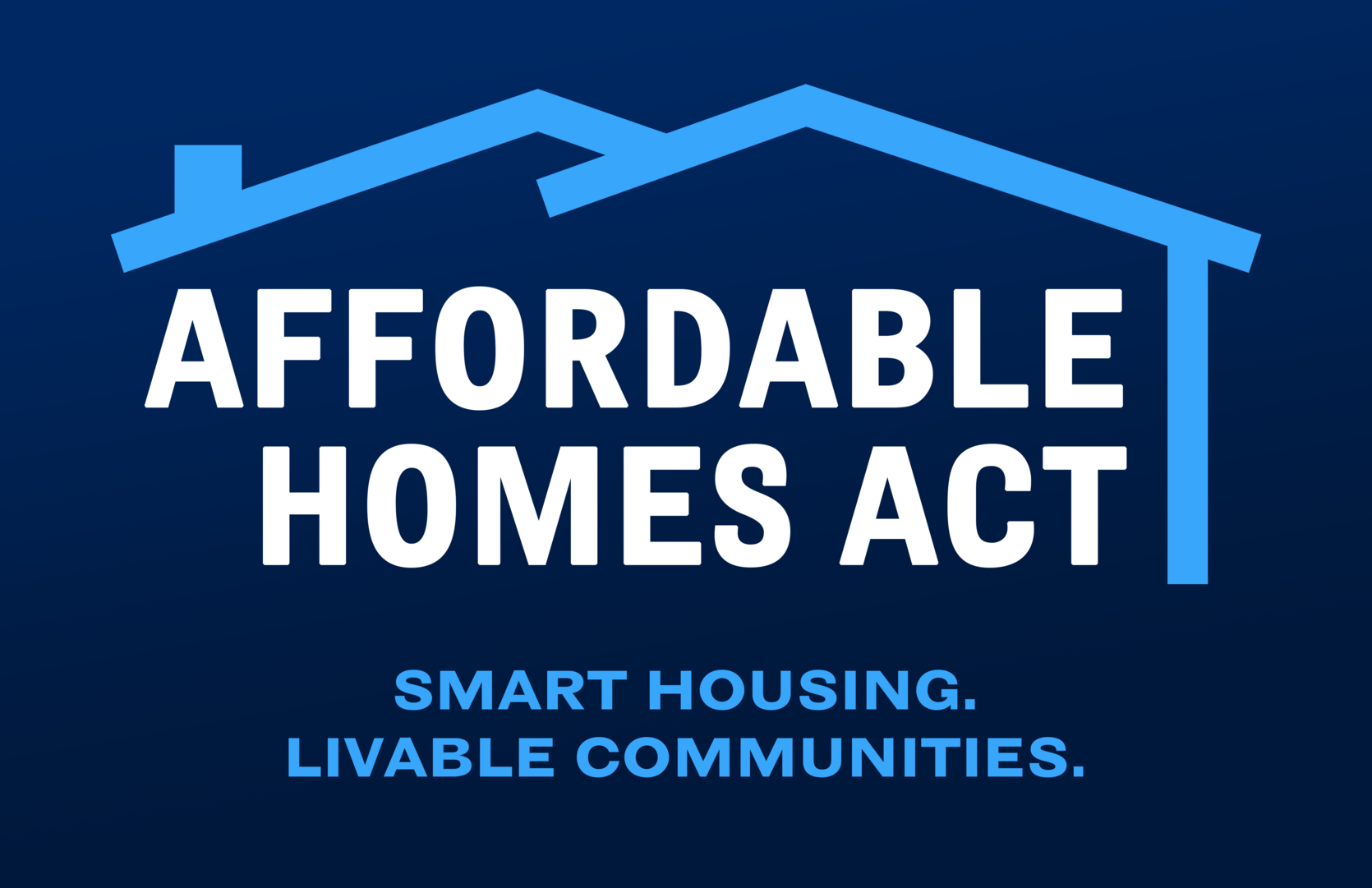- Executive Office of Housing and Livable Communities

Boston — A new study released today shows the Healey-Driscoll Administration’s Affordable Homes Act, which would produce tens of thousands of new homes across the state, would also stimulate nearly $25 billion in economic activity and create about 30,000 jobs while generating additional tax revenue for the state and municipalities.
The $4.12 billion in spending authorizations and 28 policy changes included in the Affordable Homes Act are the cornerstone of the Healey-Driscoll housing plan. That plan jumpstarts housing production to meet the demand and curb rising costs. It also provides funding to upgrade and rehabilitate the state’s public housing system.
“We know the path to economic success: it starts with housing,” Gov. Maura Healey said. “The results of the Donahue study underscore that. Hardworking Massachusetts families need access to housing they can afford. The production of that housing creates jobs and can be a driving force for our economy. The Affordable Homes Act is the urgent action we need to build a stronger Massachusetts.”
The University of Massachusetts Donahue Institute analyzed Gov. Healey’s landmark legislation to assess the potential impact of the bill on the Massachusetts economy. The Executive Office of Housing and Livable Communities commissioned the study.
The study found the passage of the Affordable Homes Act, in combination with two recently reauthorized programs from the Governor’s tax cuts package, could create $24.8 billion of total economic impact over five years. In addition, the study estimated the implementation of the act could generate 29,700 jobs – 18,800 new jobs in development, construction, finance and associated industries and 10,800 ‘downstream’ jobs serving businesses and workers.
Economic activity spurred by the Affordable Homes Act could also allow the state to recoup $750 million in tax revenues over five years, the study showed.
“Accessible and affordable housing is the key to unlocking Massachusetts as a competitive state,” Lt. Gov. Kim Driscoll said. “Housing is jobs. Not only for people supporting the building trades, but all the people connected with it.”
The Donahue Institute analysis focused on 16 key spending authorizations in the Affordable Homes Act totaling $3.68 billion as well as three strategic policy provisions – unlocking state surplus land for housing, allowing accessory dwelling units by right and the implementation of a local option transfer fee. It also incorporated the impact of the state’s Low-Income Tax Credit program and Housing Development Incentive Program. Both programs, which support housing construction, were reauthorized as part of the $1 billion tax relief package signed by the governor last fall.
“The Low-Income Housing Tax Credit and Housing Development Incentive Program both got a boost from the governor’s tax relief, and we are putting those programs to work now in building more housing,” said Ed Augustus, secretary of the Executive Office of Housing and Livable Communities. “The Affordable Homes Act is the next big step needed to meet the demand for more housing and to spur economic development across the commonwealth.”
The study found that the Affordable Homes Act would also stimulate a substantial amount of other state, federal, local and private spending for a total of $15.1 billion over five years with $6.6 billion of that coming from the private sector. The combined spending and policy changes would yield the $24.8 billion in total economic impact. That includes $13 billion in labor income and $1.5 billion to the providers of goods and services.
“Improving access and affordability of housing is central to improving the state’s economic competitiveness and in improving the quality of life for low and middle-income residents around Massachusetts. These potential investments in housing also create a significant workforce development opportunity in the building trades to meet the labor demands in the coming years,” said Dr. Mark Melnik, director of Economic and Public Policy Research at the UMass Amherst Donahue Institute.
The study also showed the potential for substantial expansion of the state’s construction industry to meet the demand for more housing. To meet the demand, it will be essential for state, local, corporate and educational entities to partner on workforce development initiatives, assistance for new businesses and other efforts to expand the state’s capacity for housing production.
The Donahue Institute’s team of economists and researchers used IMPLAN, an industry standard economic modeling tool to estimate the economic activity associated with the act’s spending and policy proposals.
About the Affordable Homes Act
The Affordable Homes Act, a comprehensive package of spending, policy and programmatic actions, represents the largest proposed investment in housing in the state’s history while simultaneously striking at the root causes of housing unaffordability and making progress on the state’s climate goals.
This multi-pronged approach includes $4 billion in capital spending authorizations, 28 substantive policy changes or initiatives, three executive orders and two targeted tax credits. All are directed at reducing barriers to the production and preservation of housing, and giving communities the tools to develop more housing where they need it. The majority of the spending will have benefits for moderate- and low-income households. For more information, visit mass.gov/aha
About the University of Massachusetts Donahue Institute
Established in 1971, the UMass Donahue Institute is a public service, research, and economic development arm of the University of Massachusetts. Its mission is to advance equity and social justice, foster healthy communities, and support inclusive economies that alleviate poverty and promote opportunity. In collaboration with partner organizations and clients, it carries out its mission through research, education and training, capacity building, and direct services to strengthen its collective impact. For more information, visit donahue.umass.edu.
###